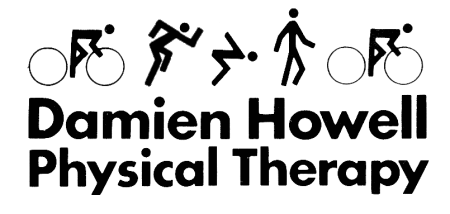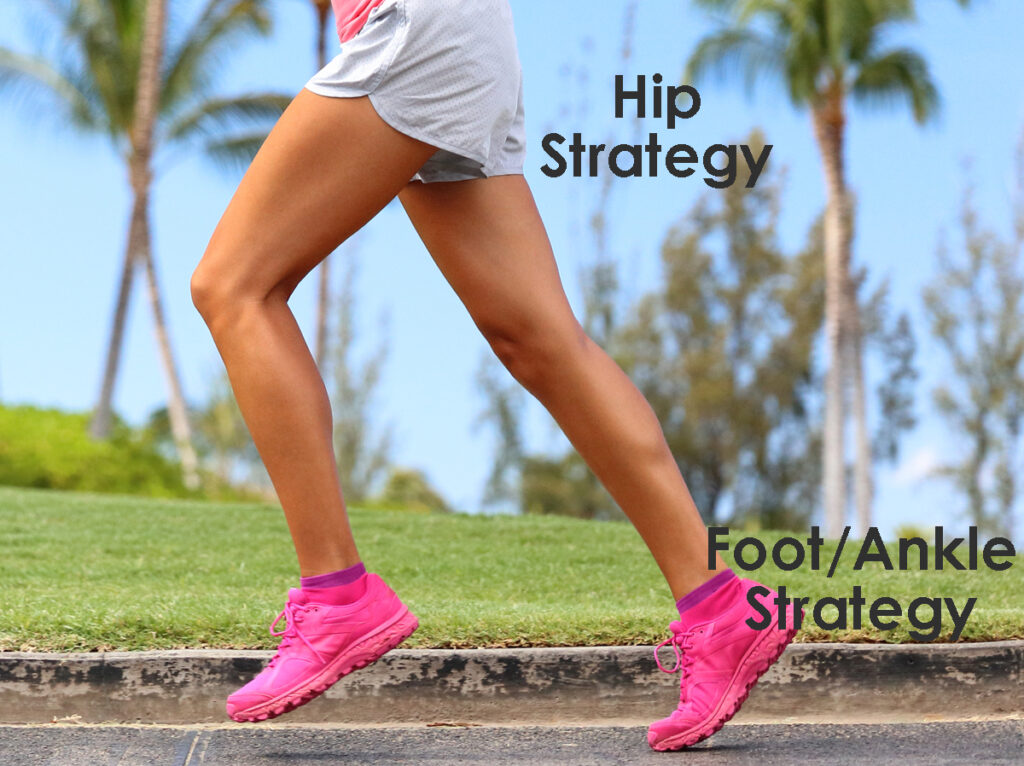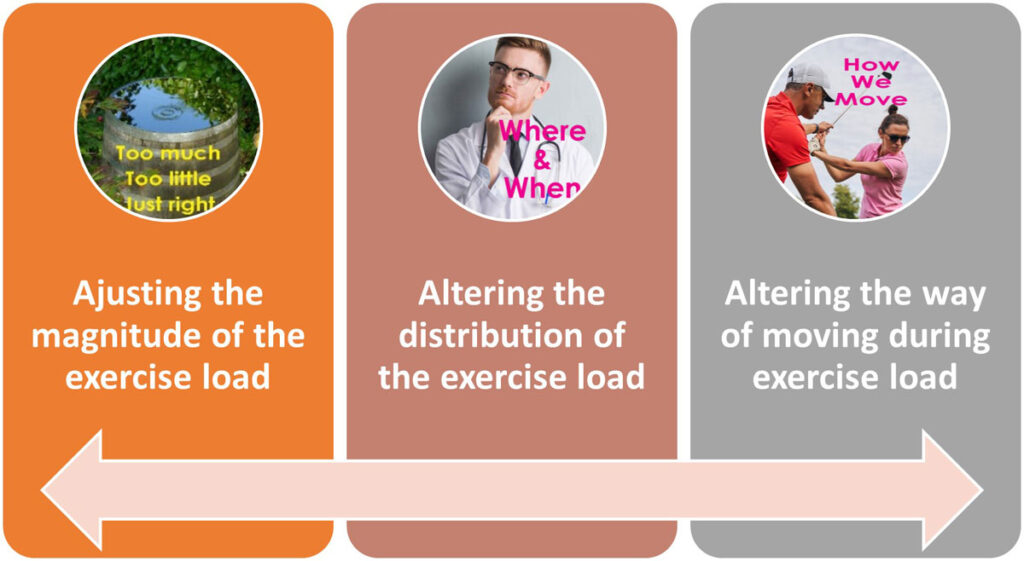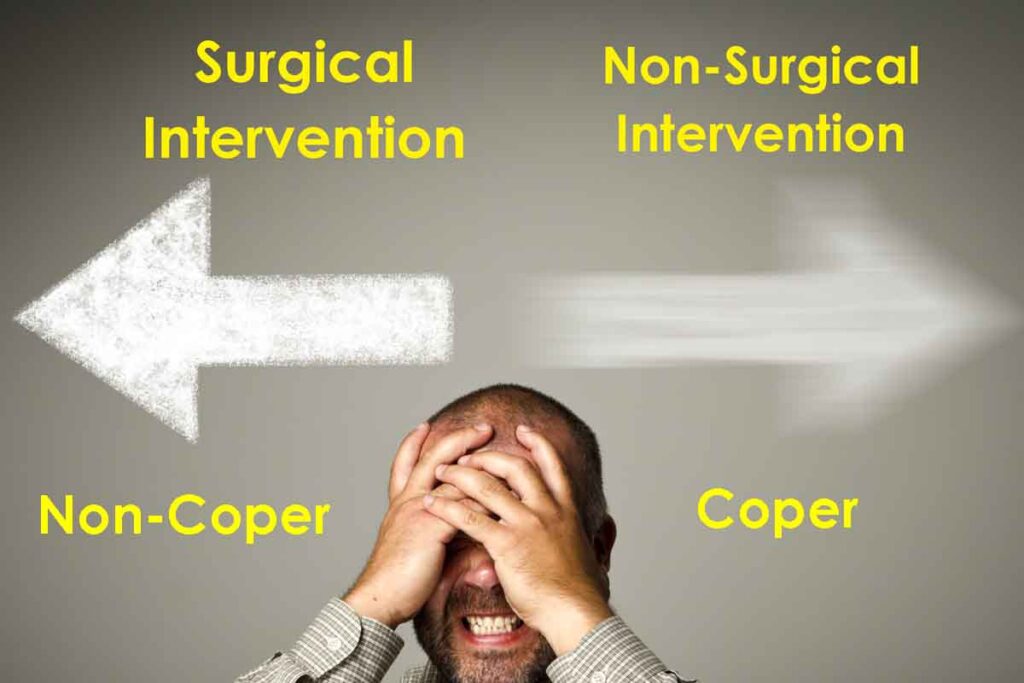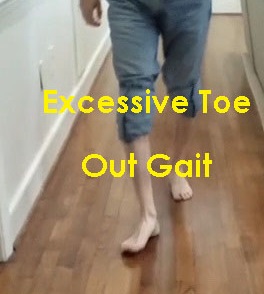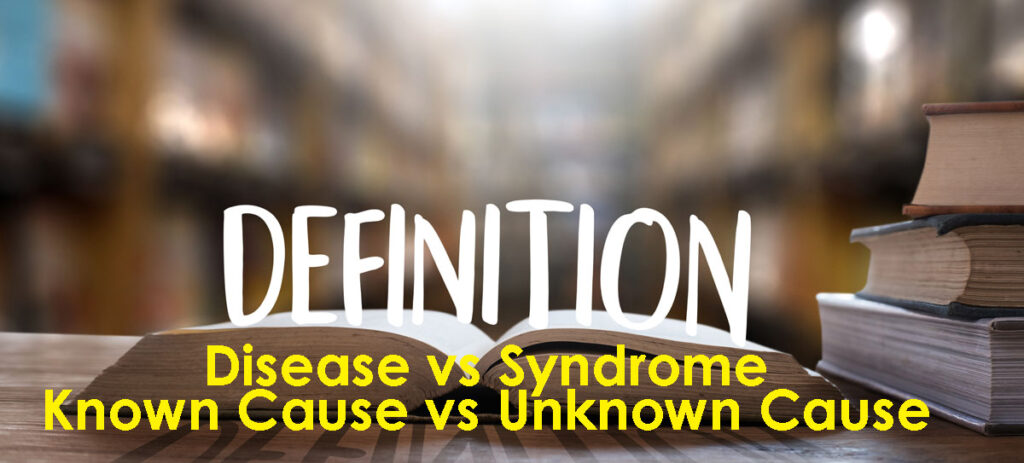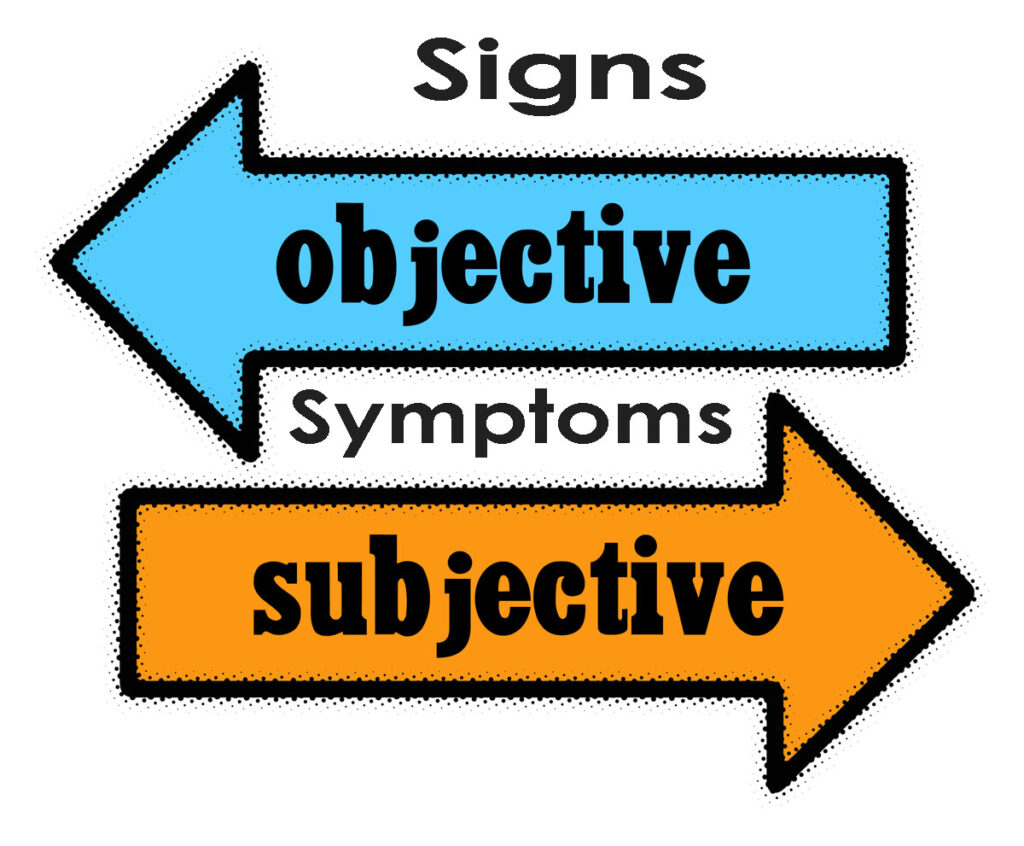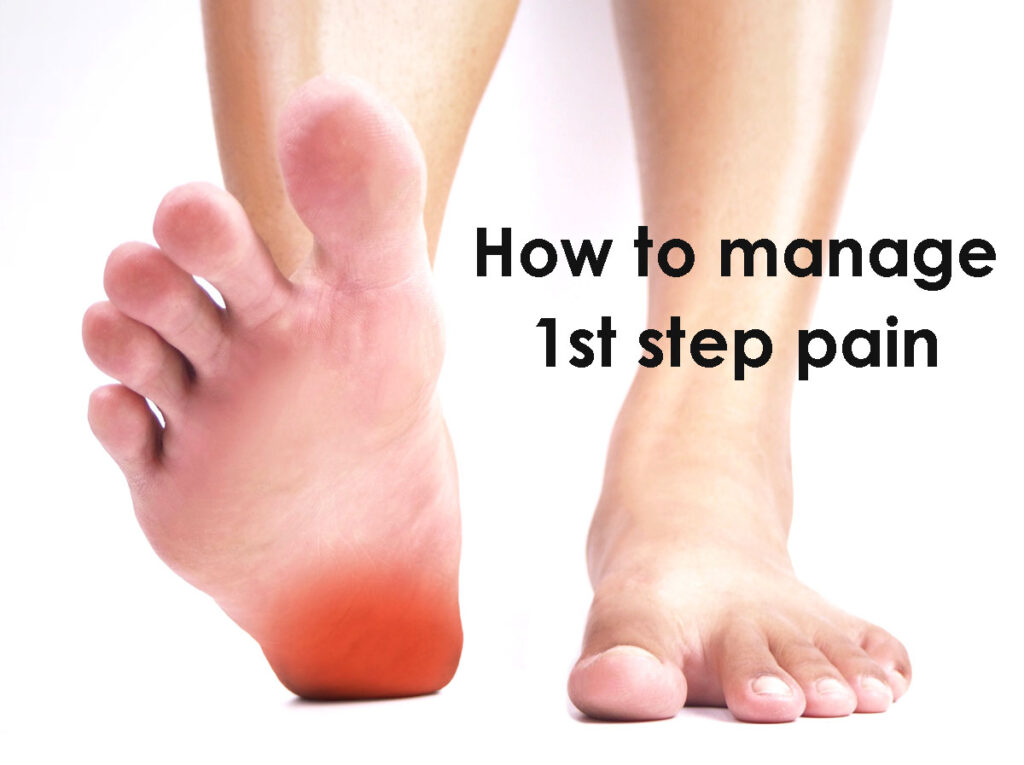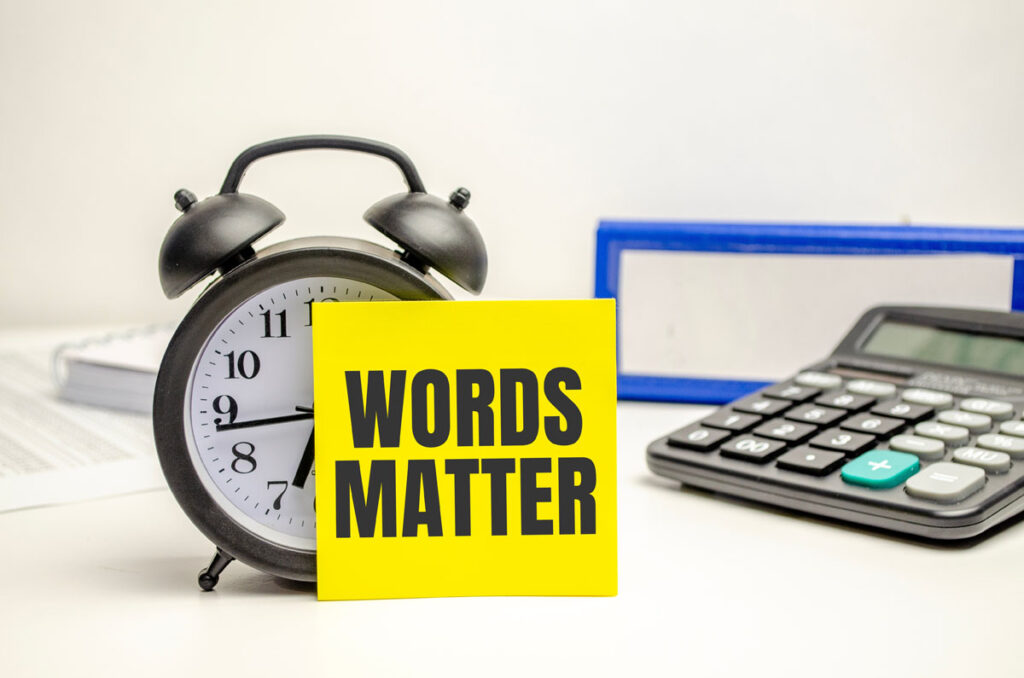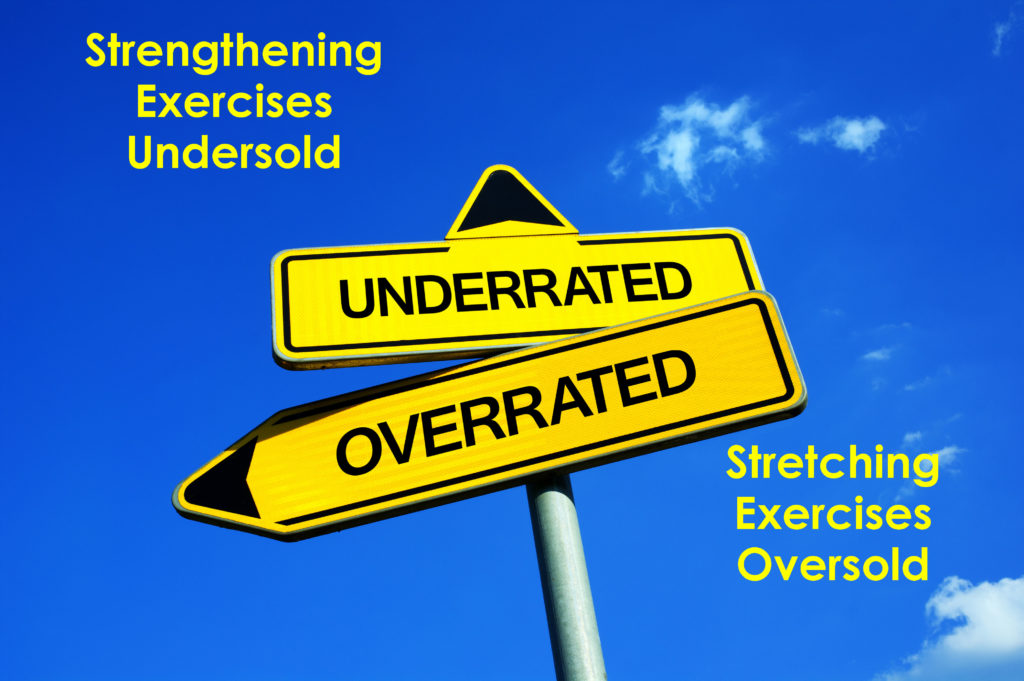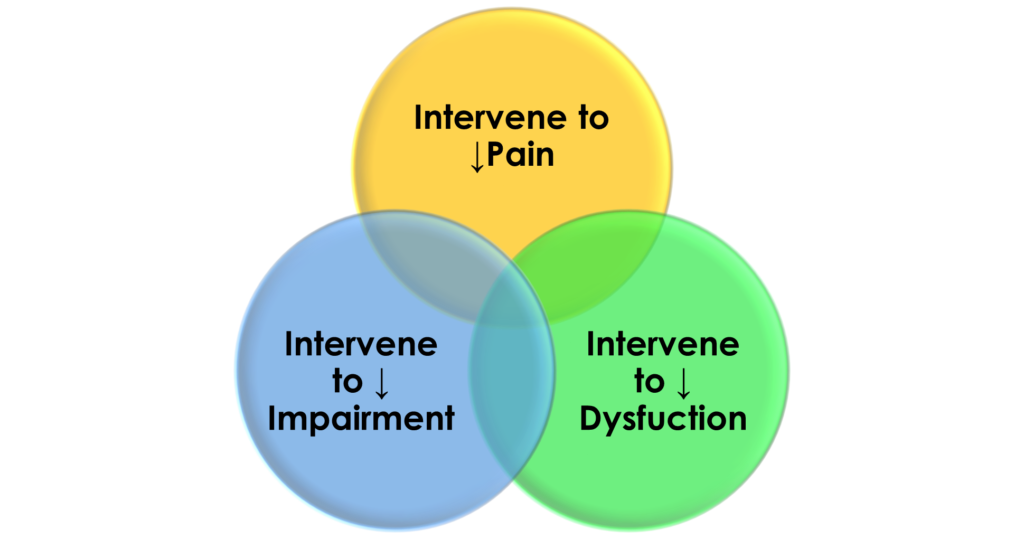Foot & Ankle
Balancing joint capacity and exercise load using synergistic muscle action
A key concept in managing and preventing hip pain is understanding the balance between the capacity of the joint to handle load and using exercise training load to increase the capacity of the joint. To modify movement, one can “load” it by adding external resistance. Or “unload” it by decreasing or eliminating external resistance. Or…
Read MoreAdjusting the exercise load to manage musculoskeletal pain syndrome
Adjusting the amount of exercise load involves seeking a balance between increasing or decreasing the load. Athletes and healthy individuals the bias is towards increasing the load to improve capacity and performance. For musculoskeletal injuries, post-orthopedic surgery, or musculoskeletal pain syndromes, the bias is towards decreasing the load to facilitate healing and recovery. Tactics to…
Read MoreOrthopedic surgery is not always necessary – coper vs non-coper
A diagnostic image such as an MRI can show significant structural damage such as a complete tear of the anterior cruciate ligament (ACL), a complete tear of the rotator cuff of the shoulder, a herniated spinal disc, or other musculoskeletal tissue damage. In 1983 Frank Noyes and colleagues in a seminal study of patients without…
Read MoreDeviant movement resulting in pain – Excessive Toe Out Gait
Asymmetrical movements walking or running are considered deviant or less than optimal movements. The individual in the video below is complaining of musculoskeletal pain in the left lower extremity. What do you see? Do you see the asymmetrical movement? Do you see the right foot is pointing straight ahead, and the left foot is not…
Read MoreUnderstanding the Nuances of Disease, Syndrome, & Uncertainty in Musculoskeletal Pain
Disease is a particular abnormal condition that adversely affects the structure or function of all or part of an organism and is not immediately due to an external injury. Syndrome is a group of symptoms that consistently occur together or a condition characterized by a set of associated symptoms. While disease and syndrome both involve…
Read MoreUsing symptoms &/or sign modification procedure to manage musculoskeletal pain syndrome
The symptom modification procedure is a clinical reasoning process and is a common practice in the Physical Therapy profession. The symptom modification procedure involves identifying the specific movement, posture, and/or activity that reproduces the patient’s symptoms. Typically, the symptom is pain, which can be weakness, falls, or other functional limitations. Then intervening to alter the…
Read MoreSteps to manage first step pain
A definitive symptom of plantar heel pain is “first-step pain” First-step pain is felt on the first step out of bed in the morning or after other periods of inactivity such as sitting in meetings or long car drives. The following are simple steps to manage the 1st step pain: Purposeful pandiculation for pain plantar…
Read MoreShould we discharge from Physical Therapy
Why is the terminology “discharged from Physical Therapy” used? I have not heard of anyone being “discharged from dentistry”. I have not heard of anyone being discharged from massage therapy. The meaning of “discharge” is – to relieve of a charge, load, or burden; or to release from confinement, custody, or care; or to set…
Read MorePlantar fasciitis v tendinopathy words matter – stretching exercises are overrated
Why is the plantar region the only region of the body where the terminology of fasciitis is used? Fascial tissue is present throughout the body including the ankle, knee, hip, back, and abdominal regions of the body. Yet, we do not use the term knee fasciitis or back lumbar fasciitis. We know that stretching exercises…
Read MoreChoices of interventions for musculoskeletal pain syndromes: decrease pain, improve impairment, resolve dysfunction
There are multiple and varied interventions that can tackle the contributing factors of pain, impairment, and dysfunction that occurs with musculoskeletal pain syndromes. Pain impairs an individual’s ability to function Impairment is loss of use or derangement of any body part, organ system, or organ function. Dysfunction is an alteration of an individual’s capacity to…
Read More